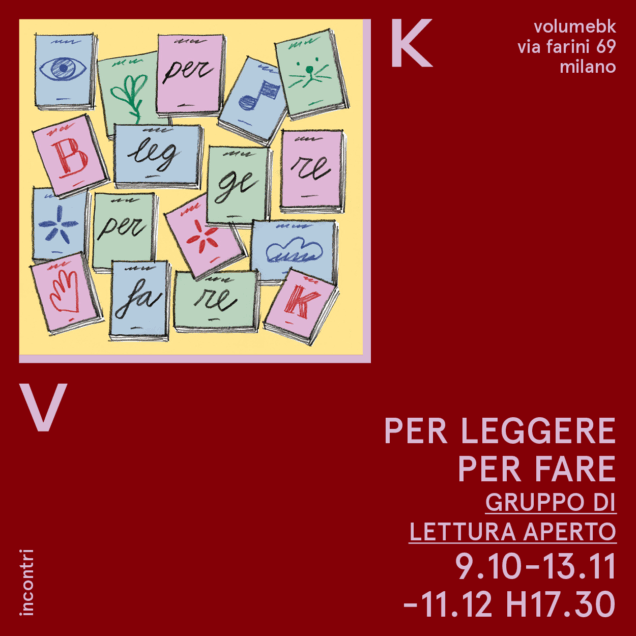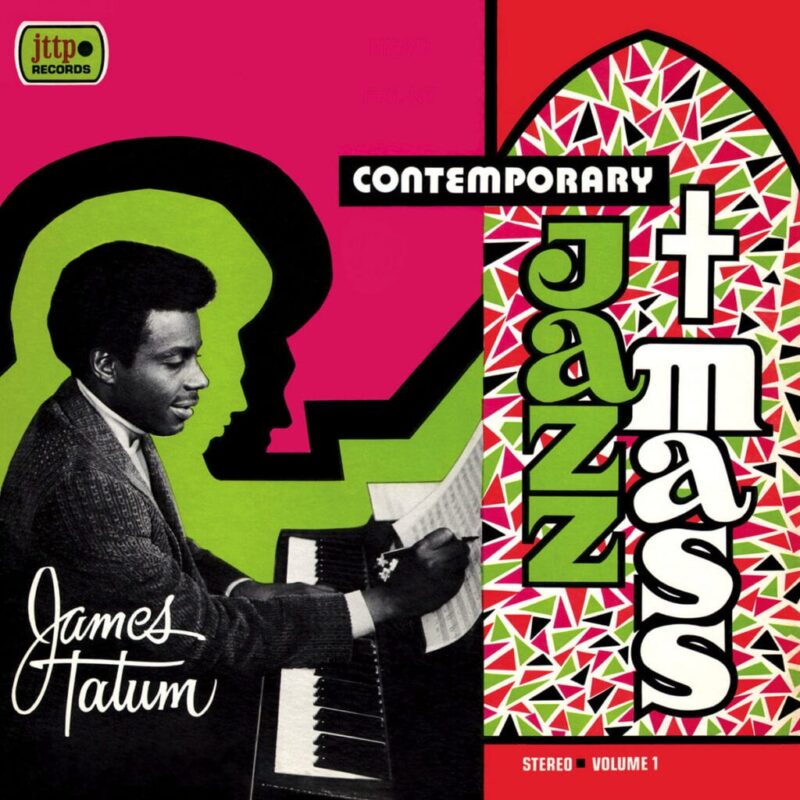
Esplorazioni
Esplorazioni
**Edition of 300 copies. Remastered reissue, released in conjunction with the artist** James Tatum's stunning, spiritualised Contemporary Jazz Mass is one of the only true[...]
true jazz masses ever released. Inspired by Duke Ellington's Sacred Concerts, Tatum's masterwork was recorded on its first ever performance at St Cecilia Church in Detroit, and released on his own private label in 1974. At the time Ellington’s Concerts were quite controversial. Whilst they contained scriptural references they did not follow liturgical form and whilst Ellington did not intend this religious conservatives responded poorly to what they saw as a syncretistic amalgamation of faith and jazz. Broadly speaking however the Concerts were received positively and in the following years a number of similar projects combined elements of liturgical structure and/or content with jazz. Contemporary Jazz Mass / Live at Orchestra Hall & The Paradise Theater by James Tatum
24,00€
Esaurito
Unisciti alla lista d'attesa per ricevere un'email quando questo prodotto sarà disponibile o se si libereranno posti per il corso.
Spedizioni a Milano città, con pony a 3€
Spedizioni in Italia, in tutta Italia con corriere a 6€ o 7.50€, in base al peso
Spedizione gratuita, sopra i 120€ di acquisto, alla spedizione pensiamo noi!
Spedizioni internazionali, con corriere, in base al paese del destinatario e al peso dell’ordine.
Per maggiori informazioni visita la pagina dedicata.
Se realizzi acquisti sul sito hai diritto di recesso entro 14 giorni dal momento della consegna della merce.
Per maggiori informazioni visita la pagina dedicata.
Music helps create and heighten the tone of ceremony and ritual. It’s important to understand that this music was written for a church service, but nonetheless this tone, and the emotional response it evokes, can resonate in the secular world as well, whether we call it Spiritual or Gospel Jazz. The opening bars of “Introduction/Lord Have Mercy” are solemn, with horns calling the listener to attention and acting as a clarion call. The track has a distinct, dramatic quality, signifying the transformation from the mundane to the spiritual. When Carrington’s voice first enters, towards the end of the composition, it instills a slightly unnerving sense of foreboding in his passionate baritone.
“Lord Have Mercy” aside the rest of the album has a lighter tone, a mixture of songs and instrumentals, rich in melody and harmony
It is exactly what the title promises, being a sincerely spiritual experience that also takes in the developments in jazz at the time